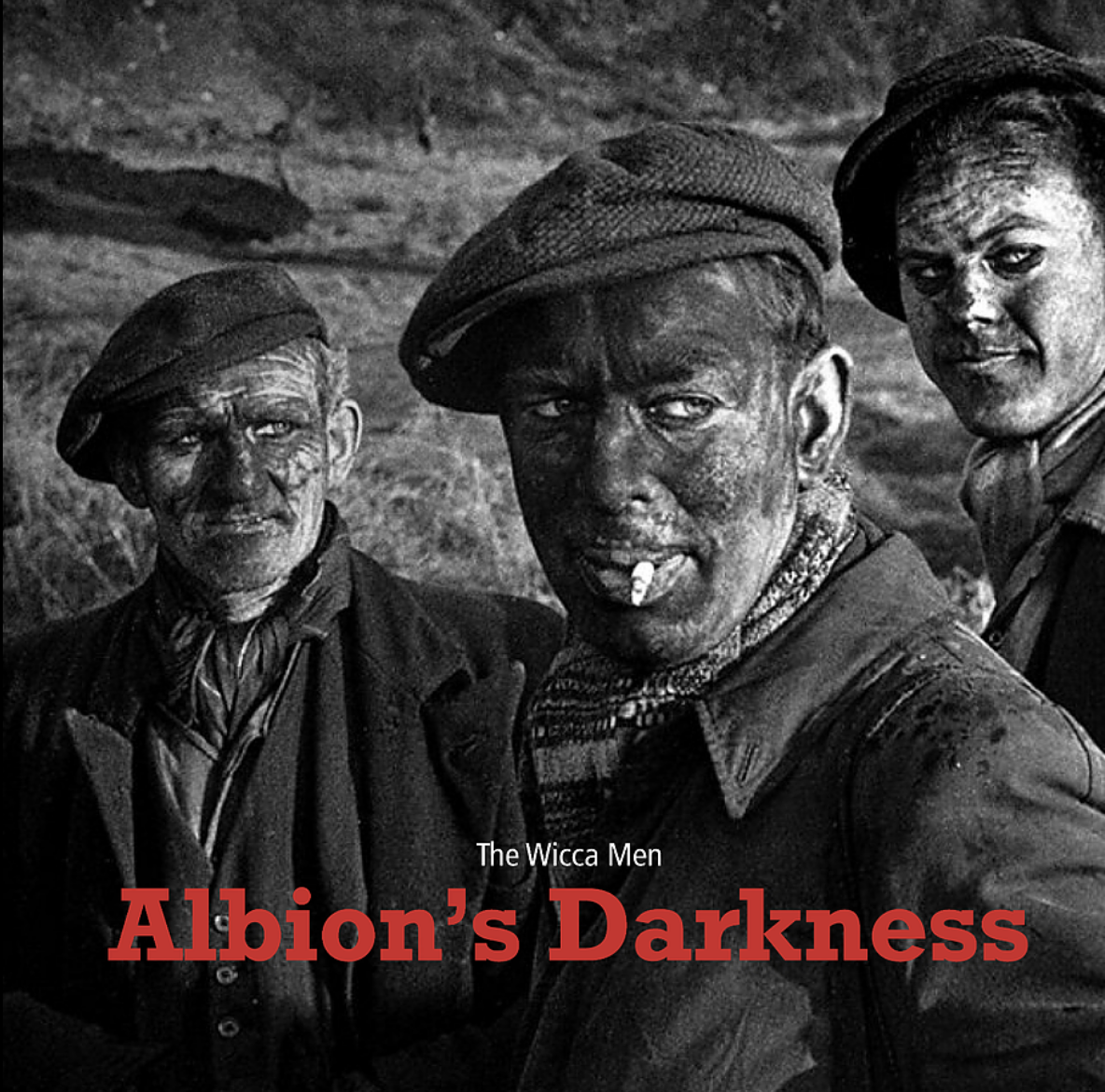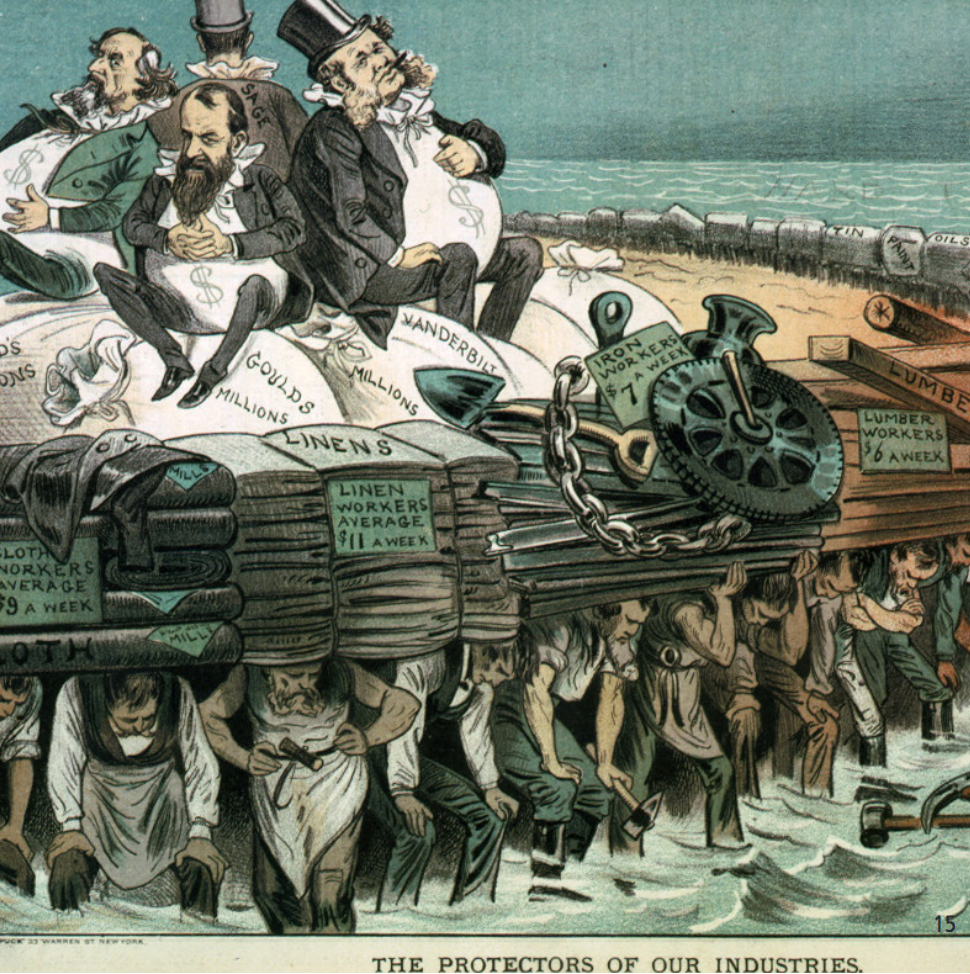For too long, discussions about how blockchain software could change the world have been dominated by libertarian-minded techies and market-driven startups. No wonder they are dazzled by Bitcoin, the currency for capitalist speculation, and by turbo-charged networked markets.
This approach has left a huge void in our thinking about alternative futures -- ones that could be progressive, cooperative, and collectively emancipatory, and not just the next, more stifling iteration of capitalism. We need to ask: What sorts of systems might be possible if we were to design new tech platforms and protocols to facilitate commoning? 
How refreshing that we now have some answers. The basic idea is to create variations on a new institutional form, the “Distributed Cooperative Organization,” or DisCO. Check out 80 riveting pages on this topic, an extended essay entitled, “If I Only Had a Heart: The DisCO Manifesto,” published by the Guerrilla Media Collective in collaboration with the Transnational Institute.
The authors of this essay are my friends and colleagues Stacco Troncoso (lead author) and Ann Marie Utratel (coauthor and lead editor). Both have long worked with the P2P Foundation, Commons Transition, Guerrilla Translation and Guerrilla Media Collective groups. (Full disclosure: I gave the authors some comments on early drafts.)
In blockchain circles, there is much enthusiasm for DAOs, or decentralized autonomous organizations. These are free-standing, self-organized groups of people who use blockchain tools to structure their members’ interactions and behave as “ownerless” organizations or institutions. The idea behind DAOs is to “allow people to exchange economic value, to pool resources and form joint-ventures, without control from the center, in ways that were impossible before blockchains; and to agree on how risks and rewards should be distributed and to enjoy the benefits (or otherwise) of the shared activity in the future,” as Ruth Catlow of the Furtherfield Collective writes in a crisp foreword.
This is indeed an exciting prospect, but DAOs are generally envisioned as a new breed of “trustless” market organization. They function on the same epistemic plane as capitalism, with everyone treated as isolated individuals looking to maximize their personal (monetary) interests.
DisCOs, by contrast, start from a different set of premises about humanity. They regard we humans as a cooperative species whose members need and want to engage with others, personally. Earned trust among people and open collaboration can then achieve some remarkable things. That’s the essential goal of DisCOs, which consist of a set of organizational tools and practices for people who want to work together in a cooperative, commons-oriented, and feminist economics form.
The question that this report seeks to answer is how these social impulses and practices can be structured and facilitated by tech platforms, and made stable and durable.Toward this end, the report identifies seven principles that characterize distributed cooperatives:
1. Geared toward positive outcomes in key areas (such as social and environmental priorities)
2. Multi-constituent
3. Active creators of commons
4. Transnational
5. Centered on care work
6. Re-imagining the origin and flow of value
7. Primed for federation
While DisCOs can obviously have profound effects for the people affiliated with them, they have larger implications. They are capable of “injecting democracy into our economic systems (and politics and society in turn),” writes Catlow. “Funded by direct member investment, rather than investment from third-party shareholders, co-operative members ‘decide on the values of the enterprise, which don’t necessarily need to be about the maximization of profits’."
The report also talks about “open-value cooperativism,” the idea that coops can move beyond market valuation as the central goal and “expand our economics and accounting to include care for living systems.” This is a theme that feminist economists has developed in much of their literature about “care work.” 
Another advantage of DisCOs is their distributed nature. Because they are not centrally controlled, but autonomous and distributed, DisCOs can “maximize radical and emancipatory cooperation across national borders (on- and off-chain) while operating within the laws locally (at least until we can change them).”
An unexpected pleasure of this report is its many dazzling, artful illustrations, photos, and embedded illustrations. They point to the wide range of influences on the authors, from philosopher Donna Haraway and network analysts like Paul Baran and Dmytri Kleiner, to Internet cats and pop music lyrics.
This is a report by, of, and for digital natives. It is aswim in contemporary culture but informed by serious thinkers and history. Especially in their account of the Guerrilla Media Collective as a DisCO, the authors lay claim to an aesthetic of “punk elegance.” To which I can only say, “Rave on!”
Check out this report – an hour’s read. It’s serious in its explanations and polemics, accessible and fun in its presentation, and a timely vision of how people might design tech platforms and social norms for a world of commoning.


 On this call, we will be joined by Deloris Vaughn, Director of Evaluation and Learning for Everyday Democracy, as well as Sandy Heierbacher, Interim Communications Director (and, of course, NCDD’s Co-Founder!). They will share with us their resources for evaluating community engagement, specifically Ripple Effects Mapping, which allows visual documentation of your work’s impacts over time. Learn more at the link below and register ASAP for this free call!
On this call, we will be joined by Deloris Vaughn, Director of Evaluation and Learning for Everyday Democracy, as well as Sandy Heierbacher, Interim Communications Director (and, of course, NCDD’s Co-Founder!). They will share with us their resources for evaluating community engagement, specifically Ripple Effects Mapping, which allows visual documentation of your work’s impacts over time. Learn more at the link below and register ASAP for this free call!
 Wednesday, November 13th
Wednesday, November 13th –
–  –
–  Global Partnership for the Prevention of Armed Conflict (GPPAC) –
Global Partnership for the Prevention of Armed Conflict (GPPAC) –  Zehr Institute for Restorative Justice –
Zehr Institute for Restorative Justice –  British songwriter and musician Adrian Renton decided it was time to confront the outrages of our time by resurrecting a classic form – folk protest music. Inspired by a 1960s album, “Moving On,” by Scottish musician Nigel Denver, Renton pulled together some friends from Essex, Berkshire and London to re-record some very old English songs. They also wrote some new songs in the same spirit of protest.
British songwriter and musician Adrian Renton decided it was time to confront the outrages of our time by resurrecting a classic form – folk protest music. Inspired by a 1960s album, “Moving On,” by Scottish musician Nigel Denver, Renton pulled together some friends from Essex, Berkshire and London to re-record some very old English songs. They also wrote some new songs in the same spirit of protest.  Renton provides an etymology of the word “Tory” that I had not known: “Tory derives from the Middle Irish word tóraidhe; modern Irish tóral; modern Scottish Gaelic Tòraidh: outlaw, robber or brigand.
Renton provides an etymology of the word “Tory” that I had not known: “Tory derives from the Middle Irish word tóraidhe; modern Irish tóral; modern Scottish Gaelic Tòraidh: outlaw, robber or brigand.
 Everyday Democracy is hiring for two positions in their Hartford, CT. Read more:
Everyday Democracy is hiring for two positions in their Hartford, CT. Read more:  Cities of Service received more than one hundred applications for the 2019 Engaged Cities Award from cities across the Americas and Europe. With help from an
Cities of Service received more than one hundred applications for the 2019 Engaged Cities Award from cities across the Americas and Europe. With help from an